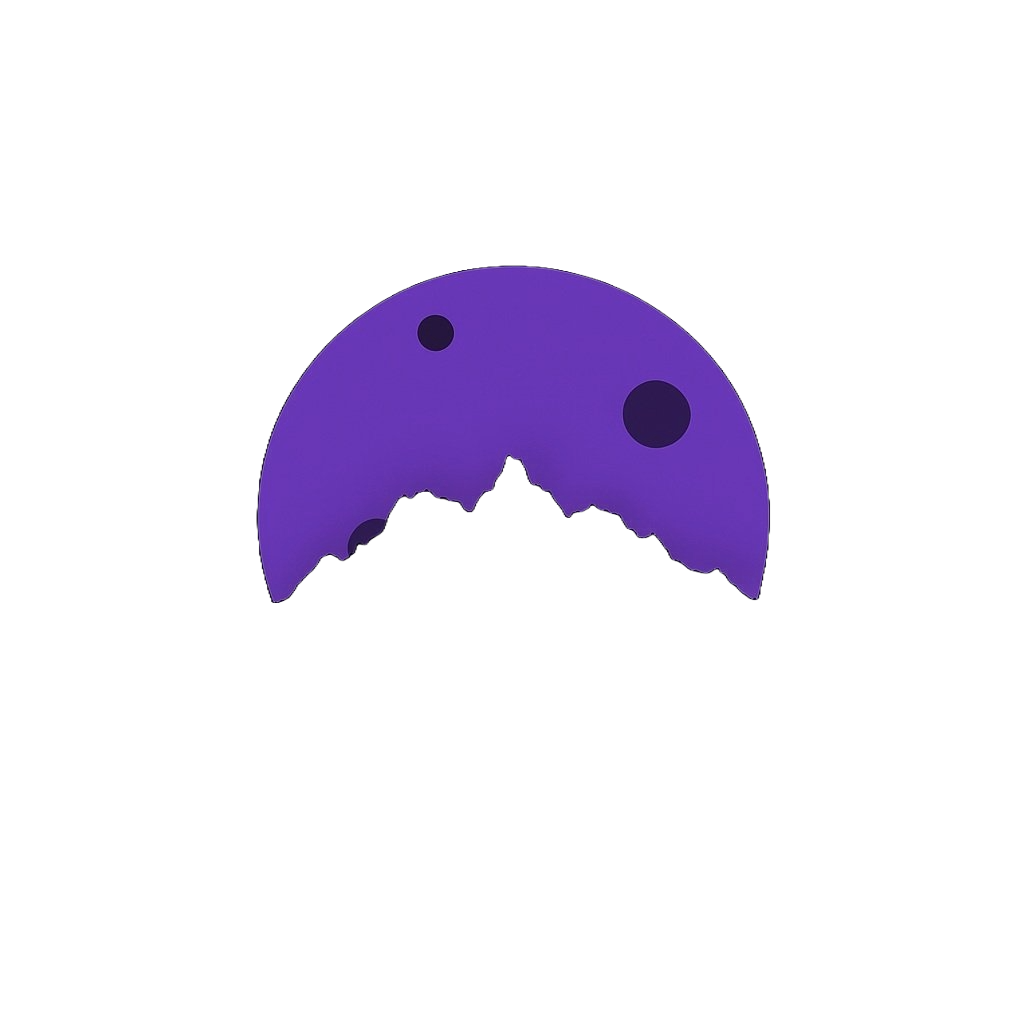How this works
Sleep Calculator — Find Your Best Bedtime or Wake-up Time
Plan sleep around your body’s natural sleep cycles — not just total hours.
A full night of sleep usually includes:
4 to 6 full sleep cycles
Each cycle lasts about 80–120 minutes, gradually increasing through the night
Most people need about 5 full cycles (~7.5 to 8 hours) for optimal rest and mental sharpness
Our cycle timing is based on published sleep science from Cajochen et al. (2024), who recorded 6,004 NREM-REM cycles across 10,502 hours of sleep.
Enter when you want to wake up — we’ll suggest the best time to go to bed
Or if you’re going to bed now, we’ll suggest the best times to wake up
Did you know? Women often have longer deep sleep in the middle of the night. (Cajochen et al., 2024) We account for this to give you more personalized results.
Sleep Onset Latency (SOL) is based on the average time it takes healthy adults to fall asleep: mean 11.7 minutes (95% CI: 10.8–12.6 min), as reported in a meta-analysis of 110 cohorts (van den Berg et al., Sleep Medicine Reviews, 2023,PubMed)
Sedentary individuals may take 3.5 to 5 minutes longer to fall asleep on average compared to more active people. (Kredlow et al., 2015)
The Science Behind It
Why We Model Sleep Onset Latency (SOL)
Most sleep calculators wrongly assume that people fall asleep the moment their head hits the pillow. That’s not realistic — and it leads to inaccurate results.
By modeling SOL, we:
Provide more personalized, realistic wake-up times.
Avoid overestimating how much sleep someone is getting.
Match what users actually experience (they know they don’t fall asleep instantly).
Average Time to Fall Asleep
Healthy Adults:
The average time to fall asleep (SOL) is 11.7–11.8 minutes.
95% of people fall asleep between 10.7 to 12.8 minutes.
(Based on meta-analysis, PubMed)
Children:
Median SOL in 7-year-olds is 26 minutes, with a wide range.
(Children generally take longer to fall asleep.)
Factors That Affect How Fast You Fall Asleep
These variables influence how quickly someone transitions into sleep:
1. Physical Activity
More daytime activity = faster sleep onset
Every 102 movement counts/min reduces SOL by ~1.2 minutes
2. Sedentary Behavior
Every extra hour of sedentary time delays sleep onset by ~3.1 minutes
3. Body Temperature Regulation
A drop in distal-proximal temperature gradient (heat loss from extremities) strongly predicts faster sleep onset
4. Sleep Disorders
Conditions like insomnia or sleep apnea increase sleep latency
Example: longer SOL in mothers with infants who bed-share
5. Sociodemographics
Age, sex, and socioeconomic status all impact SOL
Study: First Nation community showed variance in SOL tied to these factors
6. Environmental Factors
High ambient temps, loud noise, or bright lights delay sleep onset
Rising nighttime temperatures were linked to later sleep onset and shorter sleep duration
💭 Why REM Cycles Matter
This section explains why your calculator uses sleep cycles, not just raw hours.
What Is a Sleep Cycle?
Sleep follows a repeating pattern of NREM (non-REM) and REM sleep, lasting around 90 minutes per cycle. Waking up mid-cycle — especially during deep sleep — makes you groggy.
How Long Is a Sleep Cycle?
Median cycle length: ~96 minutes
(From analysis of 6,000+ polysomnographic studies)Typical range: 70 to 120 minutes
First cycle = often shorter (70–100 min)
Later cycles = longer (90–120 min)
Cycles per night: 4 to 6 cycles for most adults
What Affects Your Sleep Cycle Length?
1. Age
Older adults have longer NREM phases and shorter REM durations (especially later in the night)
2. Sex
Females typically have longer NREM episodes
3. Sleep Pressure
After sleep deprivation: more NREM in the first cycle
After naps or low pressure: longer REM episodes early on
4. Environment
Moderate light or noise exposure doesn't majorly alter sleep cycle duration in controlled environments
TL;DR
We calculate optimal wake times based on ~90-minute cycles + your expected sleep onset latency.
This avoids the mistake of waking you mid-deep sleep, which causes grogginess.
Instead, our times aim to wake you between REM cycles, when your brain is already more alert.


